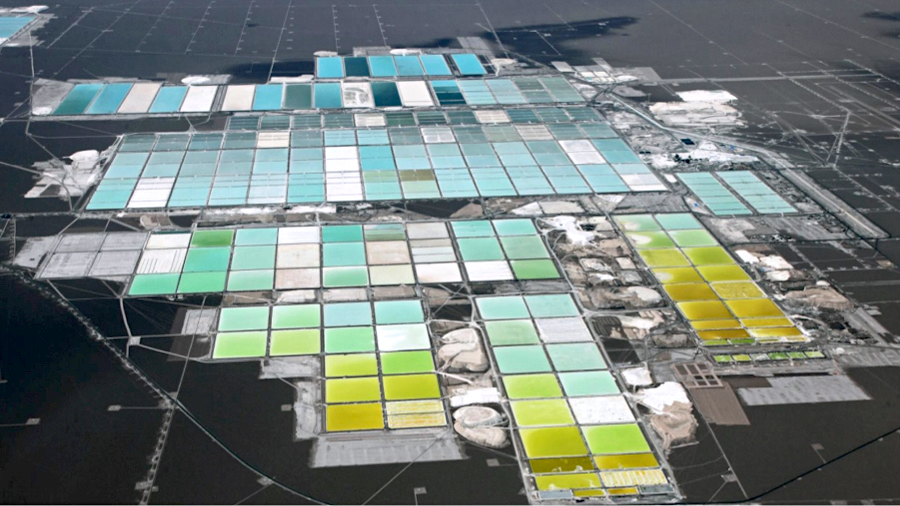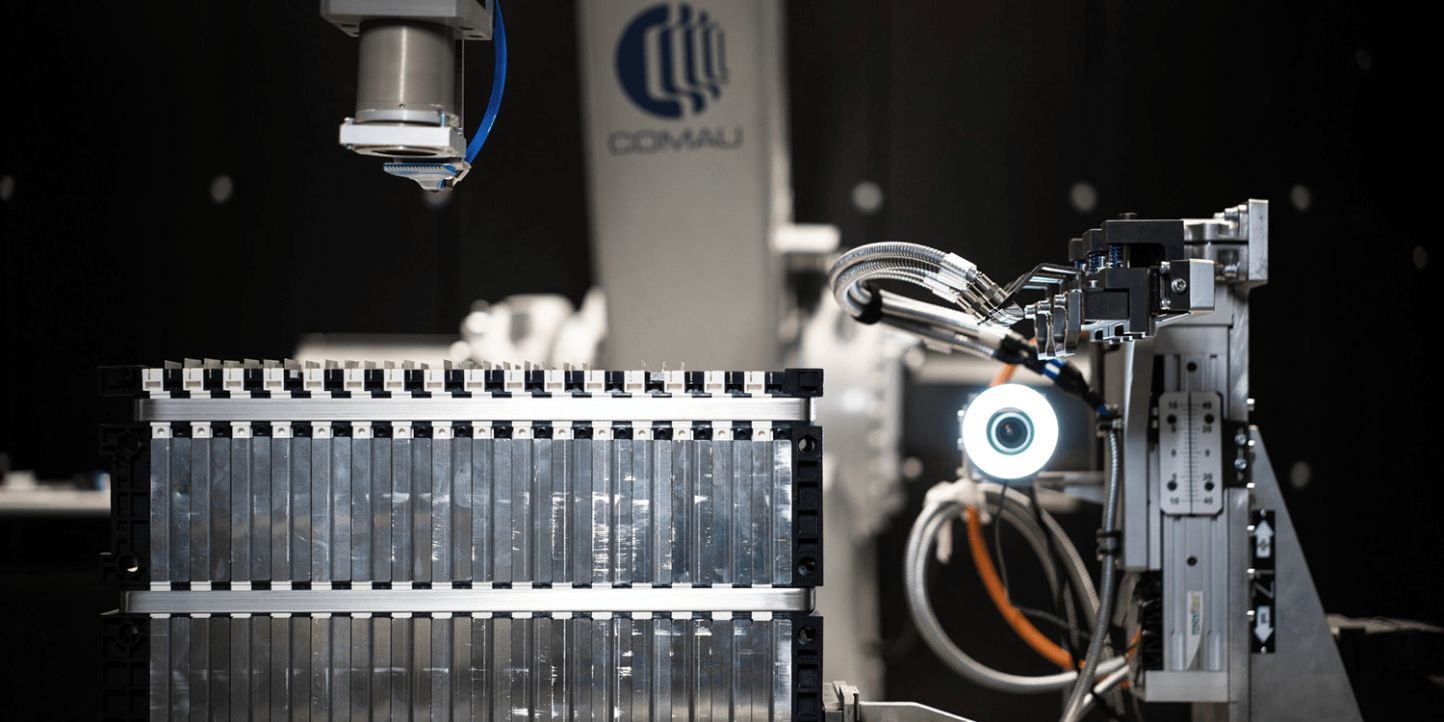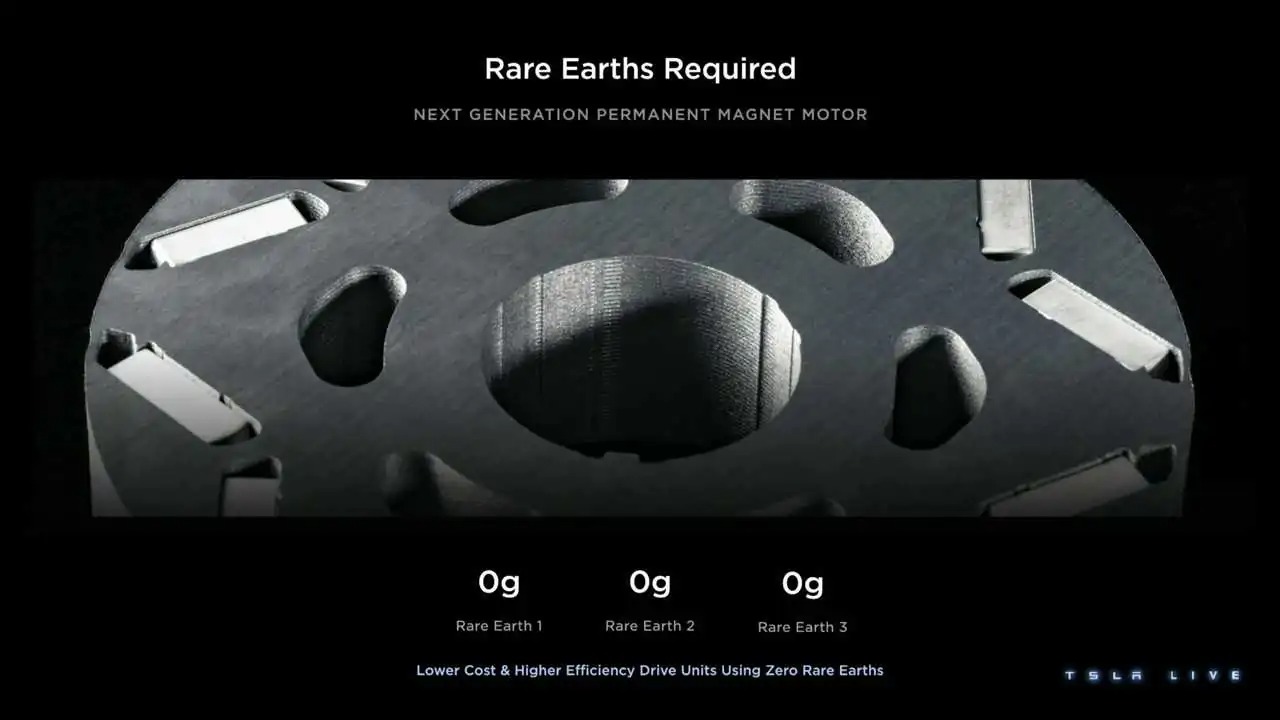Chile’s SQM, the world’s second-largest lithium producer, has announced a more than tripled fourth-quarter net profit compared to the same period a year earlier, as demand for the mineral skyrocketed amid the race to produce more electric vehicles (EVs). SQM extracts lithium from brine from South America’s salt flats, and has benefitted from surging prices in recent years as EV production booms to comply with tighter climate regulations.
For the quarter ending December 31, 2022, SQM posted a net profit of $1.15 billion, edging ahead of analysts’ average estimate of $1.14 billion. Revenue for the quarter almost tripled to $3.13 billion, beating an average estimate of $2.99 billion, with core earnings reaching $1.67 billion. SQM’s CEO, Ricardo Ramos, expressed his satisfaction with the “extraordinary results.”
See also: Chile’s first electric bus factory aims to produce 200 electric busses a year
The record profits were driven by record sales volumes for lithium and its derivatives, with most of these shipped to Asia. Some sales anticipated for this year were brought forward ahead of an expected end to Chinese EV subsidies, according to the company. SQM’s fourth-quarter lithium volumes were up 38% year-on-year to 43,000 tonnes, with an average selling price of $59,000 a tonne. This marks a significant increase from the $14,600 a tonne recorded a year earlier.
SQM has also announced plans to invest around $3.4 billion between 2023 and 2025, primarily focusing on expanding its Chilean lithium capacities. The roadmap includes a $1.2 billion investment earmarked for this year. The company expects to grow its lithium capacity from 210,000 tonnes in 2022 to 265,000 tonnes in 2025, with plants in southwestern Australia and China’s Sichuan expected to come online.
See also: Mexico Nationalizes Lithium Mining in Move to Secure Control Over Critical Resource
SQM also sells iodine, and the company said prices for the chemical used in X-rays also hit a record in the fourth quarter. SQM predicts higher sales volumes and prices for iodine this year as it works to expand its capacity.







